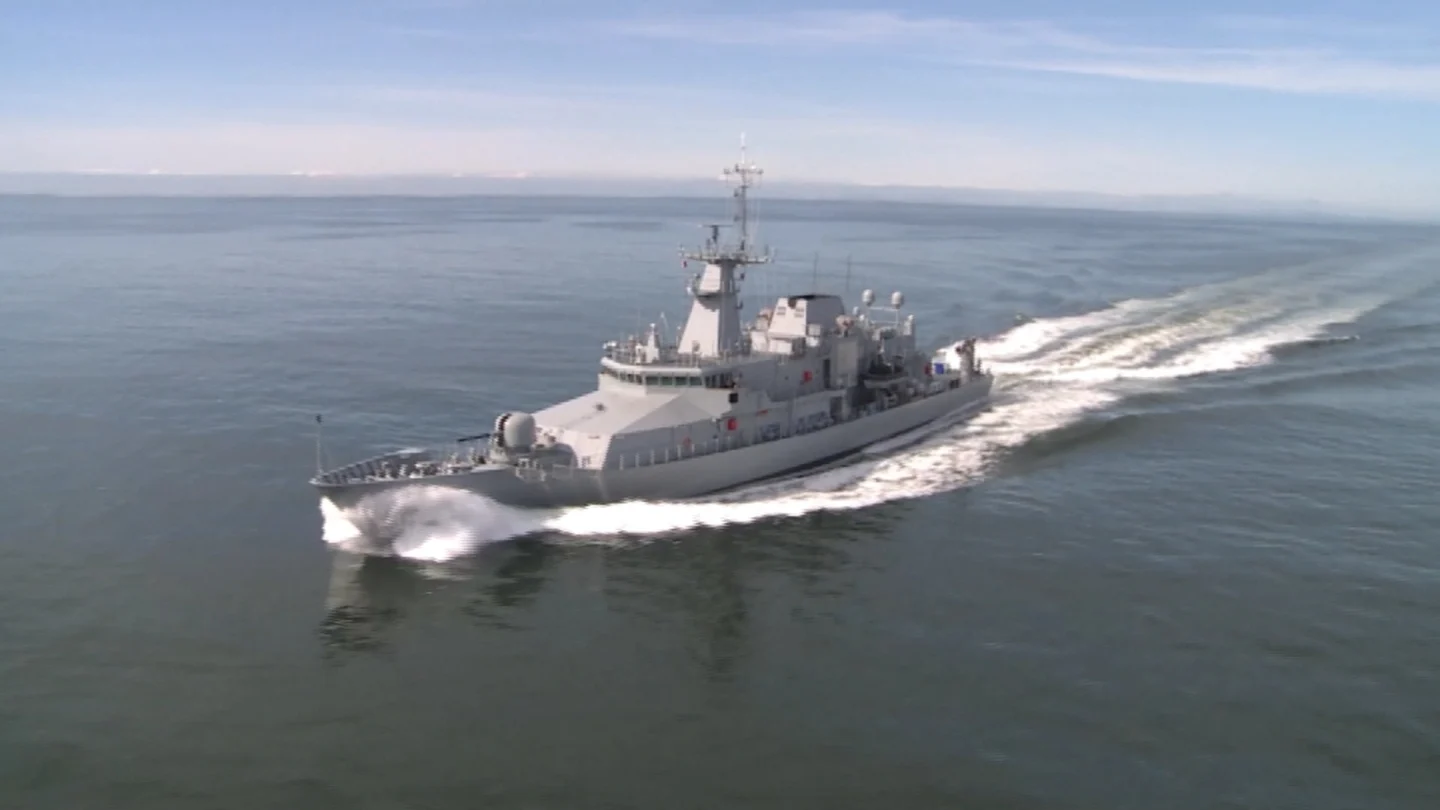
Ireland is joining a European maritime intelligence-sharing alliance to enhance its surveillance capabilities in EU waters.
Tánaiste and Defence Minister Simon Harris has authorized the Defence Forces to formally join the Common Information Sharing Environment (CISE), a voluntary, decentralized network for sharing maritime surveillance information among EU and EEA countries and agencies.
CISE enables various authorities, including coast guards, naval services, and customs, to exchange data securely in real time. Military and civil agencies from ten other European nations, including Spain, France, Italy, Greece, Norway, and Portugal, are already members of this recently operational alliance.
The European Commission oversees the process while encouraging all EU countries to participate. Importantly, participants maintain control over their data and decide what information to share.
Each member connects through a CISE “node” serving as a secure gateway for information exchange. Ireland’s node will be operated by the Naval Service from Haulbowline in County Cork.
Harris described the alliance as a “common sense measure” and a key component of Ireland’s first national maritime security strategy currently under development. A dedicated maritime security unit was established at the Department of Defence earlier this year to address potential maritime threats and risks to Ireland.
This development comes amid concerns about surveillance and possible sabotage of critical infrastructure. Recent months have seen Russian intelligence-gathering ships operating near undersea cables and Irish waters, sometimes without transponders activated.
When asked how this alliance would have helped during last week’s monitoring of a Russian surveillance vessel in Ireland’s Exclusive Economic Zone (EEZ), Harris explained that CISE would put information sharing on a more “structured footing” with partner nations.
“It means you have an option to exchange information with those ten other countries…vessels of interest can go from the sea area of one country to the sea area of another country quite quickly,” Harris said. “I think we’re all aware of the increased prevalence of vessels of interest, and it’s really important now that we share information, share it in a timely way.”
However, former lieutenant colonel and deputy director of military intelligence Michael Murphy expressed concerns about potential impacts on Ireland’s neutrality: “One of the problems of this is that we could be sharing intelligence about what’s happening in our waters to foreign forces…about Russian ships or other non-NATO ships and that means we are potentially taking a side and passing information.”
Mark Price from the Irish Neutrality League criticized the alliance as representing only Western powers rather than being truly international, suggesting it might be part of efforts “to get Irish people to a state of alarm in which they will want to join military and security alliances.”
Harris rejected these concerns, emphasizing this was about security, “not about joining any sort of military alliance.” He added that the Defence Forces would maintain discretion over what information to share, “just like it’s up to other defence forces to decide what to share back.”
The European Commission has indicated CISE will support future maritime data systems and has highlighted it as part of the proposed Integrated Surveillance Mechanism for Submarine Cables to protect critical undersea infrastructure across the EU. The Commission has developed CISE over the past 15 years, with full operational status achieved in 2024.











Be the first to leave a comment